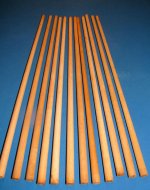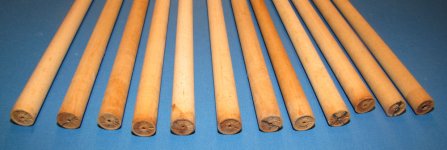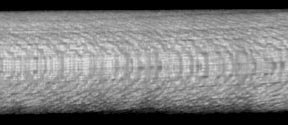Okay, maybe my question was silly. I just remember a local cue maker where I am from that always ordered blanks to make his shafts. I was told that his blanks were from Players (so I guess they are from China). Sorry if my question was stupid. So most cue makers build their own shafts, and that is something that I should not have to worry about if ordering from an unknown cue maker? I am only interested to know of some cue makers that build there own shafts, and use some of the highest quality wood to do it. I know of all of the well known cue makers out there, so I am just interested in the local cue makers that are not very well known yet for their work. I just thought that this would be an interesting question to ask. I am not trying to get any cue makers out there disrespected in any way. I was just very interested to learn of some cue makers that build some high quality shafts (that are not built from blanks). I am very sorry if I was wrong in thinking that some cue makers use low quality blanks to make their shafts. Thanks.
What is your understanding of the term "Blank"? All cue makers, if they are not cutting trees down and milling the wood themselves work from supplied blanks. Some like to start with squares and many like to buy dowels that are already graded. The grading can be subjective at times. Some like to get blanks that have been turned down some as a time saver and pay a premium for this. I have heard of a few guys who bought boards and tried cutting them and grading them themselves. For most it would be a huge waste of time and materials. Like I asked, how do you define the term "Blank"?
Last edited:


